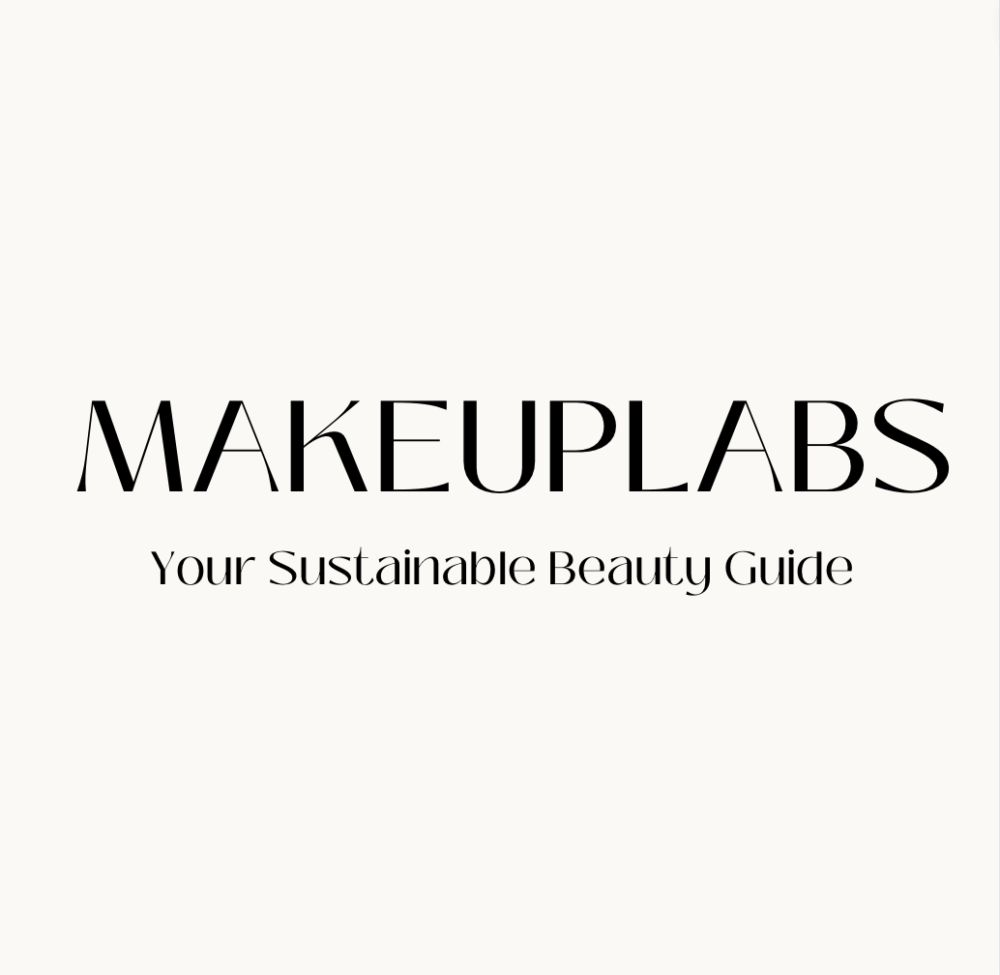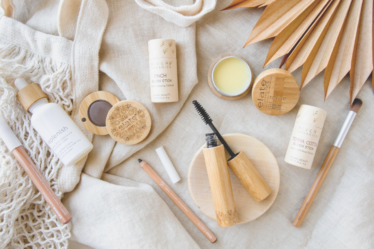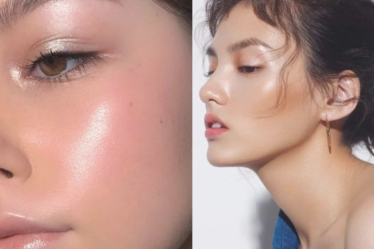
Organic Beauty Essentials: A Guide to Selecting the Perfect Skincare for Your Skin Type
As consumers become more aware of the ingredients they apply to their skin, there has been a growing demand towards organic skincare products in recent years. It can be difficult to choose the best skincare products, especially with the abundance of choices. However, you can make wise choices that will help your skin if you know your skin type and what to look for in organic skincare. This blog post will discuss how to select the best organic skincare products for your particular skin type so you can design a customised skincare routine.
Understanding Your Skin Type: Knowing your skin type is the first step in selecting the best organic skincare. There are generally four different varieties of skin: oily, dry, combination, and sensitive. You can choose items that target your individual needs by being aware of your skin type. For example, skin types with oil production may benefit from lighter, oil-free formulas, whereas skin types with dry production need richer, nourishing components.
The following items are suggested for various skin types:
Oily Skin: Pai Clarifying Face Wash, Sukin Oil Free Moisturiser
Combination Skin: Pai Brightening Exfoliator, Evolve Organic Beauty 2-in-1 glow mask
Dry Skin: Pai 20% Vitamin C Serum, Sukin Rosehip Day Cream
After determining your skin type, it’s important to do some research on the common elements in organic skincare products. Choose substances that are recognised to be beneficial for your skin type and are made from plants. Ingredients like witch hazel, aloe vera, and tea tree oil can help control sebum production in those with oily skin. Ingredients that offer deep hydration for dry skin include hyaluronic acid, shea butter, and avocado oil. Ingredients like green tea extract, jojoba oil, and chamomile, which help balance both oily and dry regions, may be beneficial for combination skin.
Along with considering your skin type, it’s crucial to take into account any particular concerns you could have about your skin, such as acne, ageing, or hyperpigmentation. Search for organic skincare items that address these issues. For instance, substances like salicylic acid, tea tree oil, and niacinamide may be helpful if you have acne-prone skin. Retinol, vitamin C, and peptides are examples of substances that help address anti-aging issues. To be sure that the products you select adequately address your problems, take sure to check product labels and reviews.
Test and Sample Products: It’s a good idea to test and sample various organic skincare choices before deciding to purchase a full-sized product. To try a product before buying the full size, several businesses provide sample packages or travel kits. Testing products not only enables you to judge their efficacy but also identifies any allergies or unpleasant reactions your skin may have to specific substances. Additionally, seek the advice of a physician or skincare expert who can make suggestions specific to your skin type and issues.
Review and Brand Comparison: Countless brands have entered the market as a result of the rising demand for organic skincare products. Review and evaluate various brands, taking into account elements like their dedication to sustainable and organic practises, their ingredient transparency, and their general reputation. To guarantee that the items adhere to rigid organic requirements, look for certificates. You can also use recommendations from reliable sources and consumer reviews to inform your decision-making process.
The Products You Should Choose for Your Skincare Routine: It’s time to choose the exact items for your skincare routine after learning more about your skin type, looking into components, and taking into account your skin troubles. Start with the essentials: sunscreen, moisturiser, toner, and cleaner. Choose organic products that are suited to your skin type and issues. Make sure that any additional products you use, such as serums, masks, or exfoliators, are appropriate for the needs of your skin.
Consider the order of application when creating your skincare routine. Toners should be used after using cleansers to restore the pH balance of the skin after removing dirt and pollutants. Apply treatments or serums next to target particular issues, and then conclude with moisturisers to hydrate and shield the skin. To protect your skin from damaging UV radiation, use sunscreen in your daily regimen.
Patch testing and gradual initiation: Patch tests must be done before introducing new skincare products into your routine. A discrete part of your skin, such as the inner forearm or behind the ear, should get a modest amount of the product. Keep an eye out for any unfavourable effects, such as redness, itching, or irritation. If your skin reacts poorly, stop using it.
It’s preferable to start with a low concentration and gradually increase usage when introducing new products, especially active components like acids or retinol. This reduces the possibility of irritation while allowing your skin to adapt. To keep your skin healthy and balanced, pay attention to how it feels and modify your regimen accordingly.
Maintenance and Adjustment: There is no one-size-fits-all strategy for skincare. The requirements of your skin may alter over time as a result of elements like weather, hormones, or lifestyle. Regularly evaluate yourself and modify your skincare regimen as necessary.
Pay attention to how the things you use make your skin feel. Continue your regular schedule if you see any good effects, like as better hydration or fewer breakouts. It might be required to alter, nevertheless, if you suffer unpleasant effects or your skin issues continue. For advice and suggestions suited to your changing skincare needs, speak with a physician or skincare expert.
Understanding your skin, looking up components, taking into account your worries, trying out products, and comparing companies are all necessary steps in selecting the finest organic skincare for your skin type. You may attain healthier, more beautiful skin while promoting organic and sustainable practises in the beauty industry by adhering to these guidelines and keeping a flexible and adaptive skincare routine.
Keep in mind that skincare is an ongoing journey of self-care and discovery. Accept the process, give your skin time, and give organic, natural components that support the health and wellbeing of your skin top priority.




